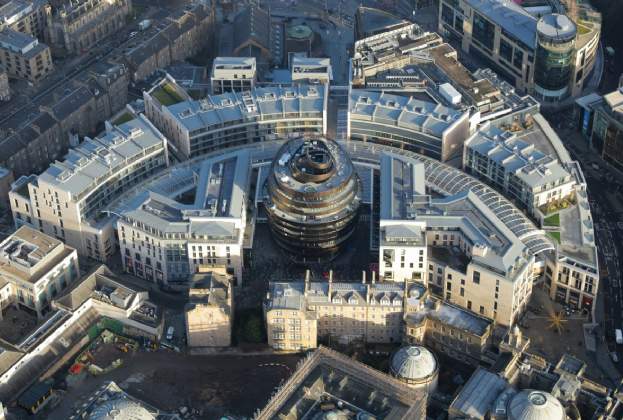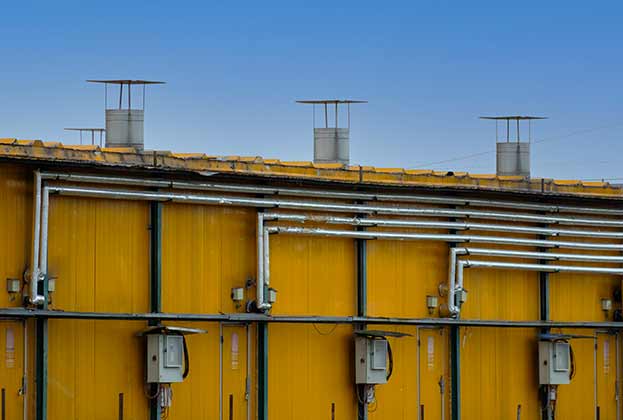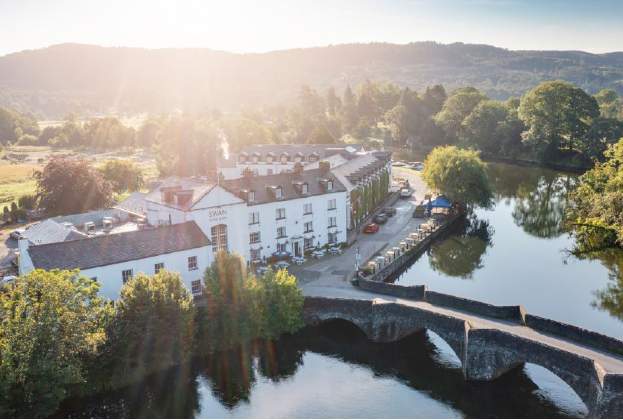Sustainable tourism is a growing section of the tourism industry. More than ever travellers are conscious about the impact and footprint they are leaving behind. Many were already considering short-haul destinations over long-haul and Covid-19 has forced many more to reconsider exploring closer to home. However, as these tourists turn their gaze to domestic holidays can going green benefit hoteliers in the longer term?
The UK’s tourism industry is expected to be worth over £257 billion by 2025 and it is an industry that investors cannot ignore. Sustainability has risen up the table of priorities for both holidaymakers and investors and there's a strong correlation between improving sustainability and the value it brings to a business.
A study by Faunalytics uncovered guests were willing to pay more to stay in green hotels and a consumer survey from McKinsey & Company across 60 countries found 66 per cent of consumers say they will pay more for environmentally friendly products.
Corporate guests are particularly energy conscious and they are more likely to partner with energy efficient hotels and require proof of sustainability. Recent statements from investors committing to scrutinising the ESG credentials of current and future investments presents a strong case to adopt measures to become more green.
For example, at BlackRock, ESG requirements are now a fundamental part of their investment consideration. For them, investing in sustainable ventures is no longer just about ‘doing the right thing’, but is a profit-related consideration.
A study by Morningstar indicated that the long-term performance of 745 Europe based sustainable funds performed better than their non-ESG counterparts over one, three, five and 10 years. Such investor focus is pushing businesses to quantify their sustainability and we have seen an increase in accreditations such a BREEAM as a result.
Being sustainable can also help reduce overall costs as more energy efficient and sustainable practices are introduced. Improving energy usage, for instance, can help future-proof a business against further hikes in resource and energy prices and, therefore, have a positive impact on the bottom line of the business and its investment potential.
It also helps with staff retention as employees who have a sense of meaning and purpose behind what they are doing (for example, becoming a greener hotel) are more productive. Gallup Consulting studies show that those companies with highly engaged staff have 18 per cent greater productivity and 12 per cent higher profitability.
With the consultation of sustainability experts, studies have shown you can save about half of the carbon emissions for internal fit-out over the lifespan of the building. This insight comes alongside, ‘whole-life carbon assessments’ which studies carbon emissions resulting from the materials, construction and the use of a building over its entire life, including its demolition and disposal.
With expectations of guests continuing to change and investors becoming more sustainability focused, becoming a ‘green’ hotel could prove a good long-term bet.
Further information
.jpg)

.jpg)


.jpg)
.jpg)



